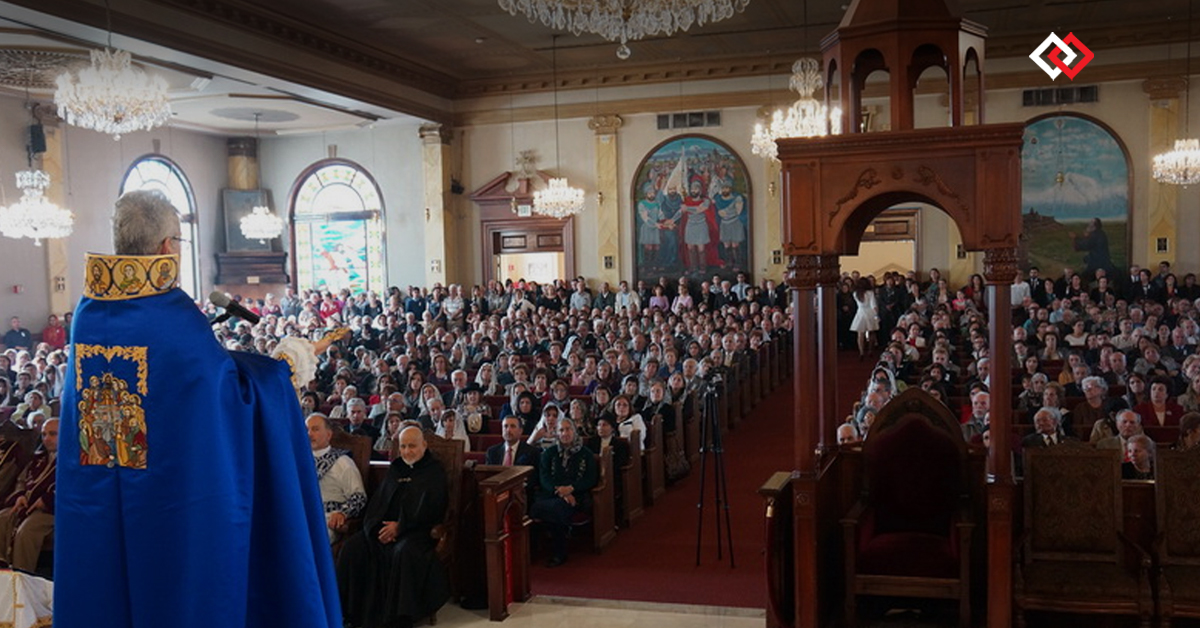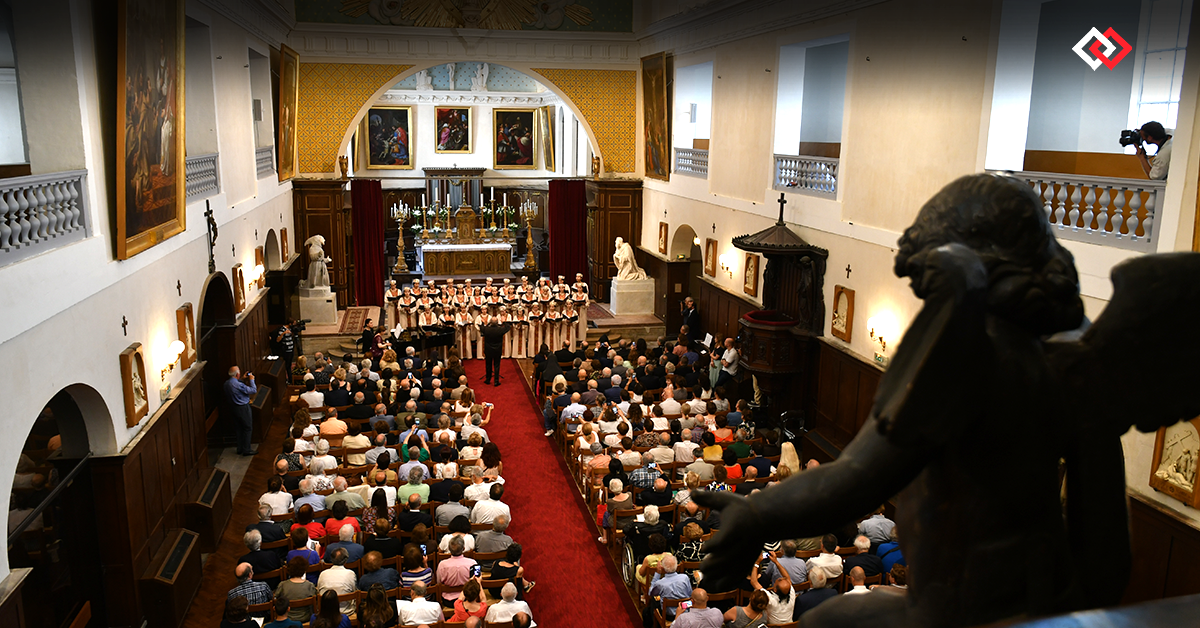“Armenian Christmas,” as it is popularly called, is a culmination of celebrations of events related to Christ’s Incarnation. During the “Armenian Christmas” season, the major events that are celebrated are the Nativity of Christ in Bethlehem and His Baptism in the River Jordan. The day of this major feast in the Armenian Church is January 6th. A ceremony called “Blessing of Water” is conducted in the Armenian Church to commemorate Christ’s Baptism.
It is frequently asked as to why Armenians do not celebrate Christmas on December 25th with the rest of the world. Obviously, the exact date of Christ’s birth has not been historically established—it is neither recorded in the Gospels. However, historically, all Christian churches celebrated Christ’s birth on January 6th until the fourth century.
According to Roman Catholic sources, the date was changed from January 6th to December 25th in order to override a pagan feast dedicated to the birth of the Sun, which was celebrated on December 25th. At the time, Christians used to continue their observance of these pagan festivities.
However, Armenia was not affected by this change for the simple fact that there were no such pagan practices in Armenia, on that date, and the fact that the Armenian Church was not a satellite of the Roman Church. Thus, remaining faithful to the traditions of their forefathers, Armenians have continued to celebrate Christmas on January 6th until today.




